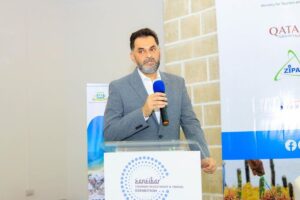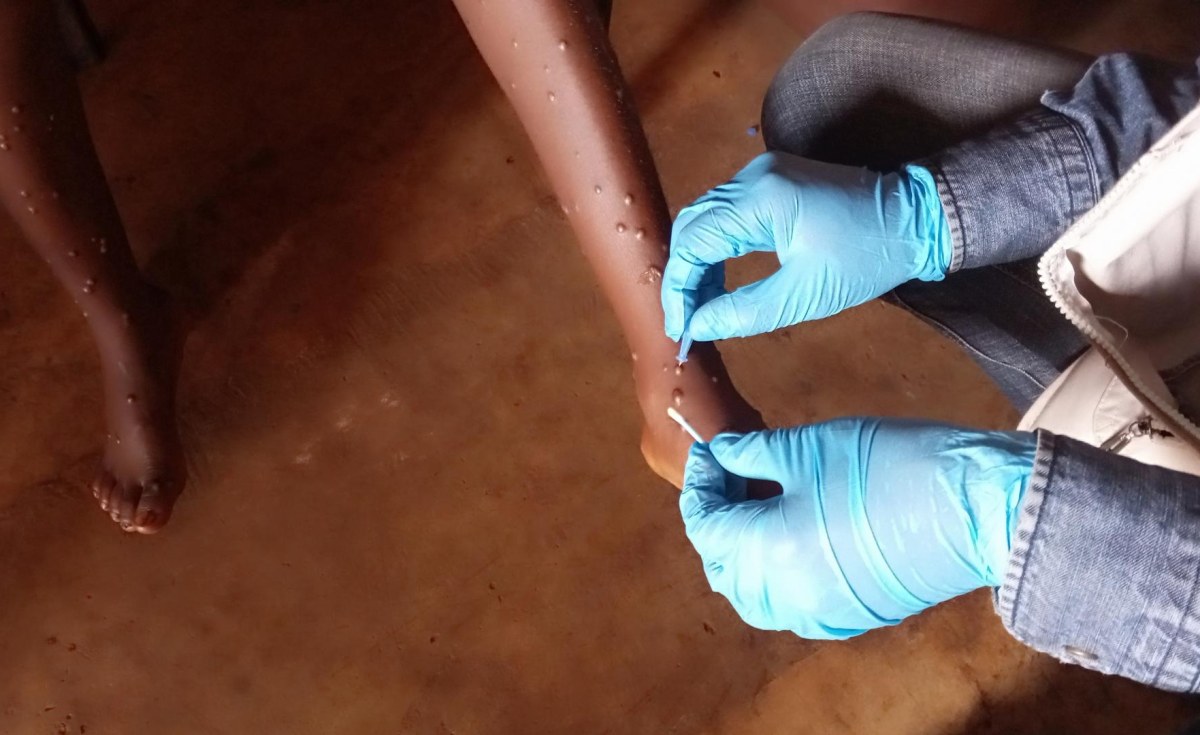
By Fredrick Max
Africa’s ambitions in regional and continental trade have never been clearer. With the momentum behind the African Continental Free Trade Area (AfCFTA) and record investments in infrastructure, from standard gauge railways to port expansions, East Africa is positioning itself as a powerful corridor of commerce. Tanzania, in particular, stands at the centre of this transformation, strategically connecting landlocked countries with global markets via road, rail and sea.
This ambition was evident at the 2025 East Africa Cargo Connect Summit in Dar es Salaam, where regional leaders, investors and trade professionals came together to advance Tanzania’s role as a trade and logistics hub for eastern and southern Africa. From the Port of Dar es Salaam to the standard gauge railway and one-stop border posts, it is clear that physical infrastructure is moving forward with urgency and intent.
However, there is a critical piece still missing in this impressive puzzle – financial infrastructure. While billions are being invested in physical infrastructure to move goods, the systems that move capital and the financing tools that power trade have not kept pace.
Trade corridors are only as strong as the financing that supports the businesses using them. When small logistics firms struggle to upgrade their fleets, when exporters face delays in cross-border payments and when cargo handlers lack working capital to expand, those new rail lines and ports risk being underutilised. Financial systems are the arteries of trade. Without strengthening these arteries, the body of regional trade cannot fully function.
Trade finance, once seen as the domain of large corporates, must now evolve to serve a much broader and more diverse segment of the market. East Africa’s trade growth is being driven by SMEs, cross-border traders and mid-sized logistics companies. These are businesses that need tailored working capital, invoice discounting, cross-border guarantees and insurance-backed solutions to manage risk and scale up operations. But today, many still face barriers ranging from access to collateral to regulatory fragmentation between countries.
These challenges were echoed during the summit, especially in discussions on how to support domestic and regional players to compete more effectively. It was evident that infrastructure alone will not unlock Tanzania’s potential. Finance must flow in tandem with physical movement.
Solving this challenge is not the responsibility of one actor. It calls for collaboration among commercial banks, central banks, regional bodies, development finance institutions and governments. We need more harmonised financial frameworks across the East African Community bloc. We need blended finance to de-risk lending to smaller trade actors. We also need digital solutions that can speed up trade finance transactions, improve transparency and reduce reliance on paper-based processes.
Equally important is financial literacy to ensure that businesses understand the tools available to them and how to use financing strategically to grow, not just survive. Financial institutions must move beyond being lenders; they must be partners in trade growth, helping clients understand risk, navigate border regulations and build sustainable business models.
The good news is, we do not need to build this from scratch. We already have strong institutions, growing trade volumes and a clear regional agenda. What is required now is a shared commitment to building the financial infrastructure that matches our physical ambitions. The same intentionality we apply to ports, roads and rail must be directed to the systems that fund the cargo that moves through them.
If we get this right, the benefits will extend far beyond logistics. Strengthening trade finance in East Africa means more inclusive growth, more jobs, stronger tax bases and a more resilient economy. It means our businesses are better positioned to take advantage of AfCFTA. It means we are not just building infrastructure; we are building prosperity.
As East Africa continues to invest in its role as a regional trade hub, the spotlight must now turn to the financial systems underpinning that vision. This is not the time for missed opportunities. It is the time to ensure that our trade ambitions are backed by the financial backbone to support them.
Fredrick Max is the Head of Business and Commercial Banking at Stanbic Bank Tanzania. He has over 20 years of experience in banking and financial services across Africa and is passionate about enabling trade, supporting SMEs and driving sustainable economic growth through tailored financial solutions














